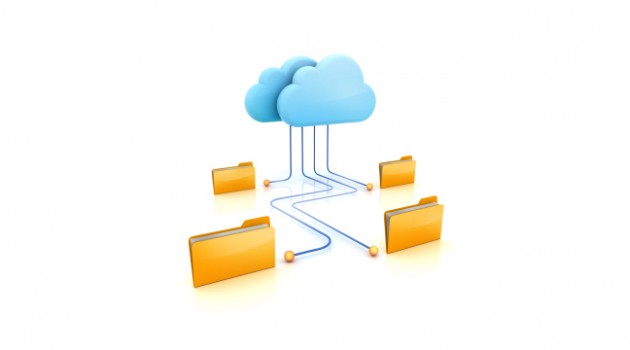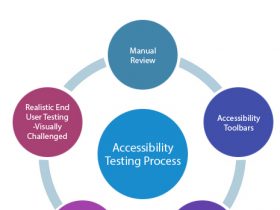To say that the cloud changes everything is a massive understatement. It has and is changing the way we consume and produce data, and now it’s also changing how we work. We live in the era of the mobile worker, when more people are telecommuting to their bread-winning jobs than at any point in history.
While there are some clear benefits to this new technological revolution, there is some contention as to how it directly affects our work/life balance. The trouble is that there may be no immediate answers, since this is one of the more complex problems that faces today’s mobile workforce.
On one side of the fence, some experts claim that the cloud is blurring the line between work and home life. On the other hand, others are claiming that it is making us more happy, productive and all-around healthier. In this post, we’ll take a look at both sides of this coin.
Cloud Computing & Work/Life Balance
· The Good – It’s important to understand that being constantly connected in the cloud isn’t necessarily a bad thing. Actually, some experts would argue that cloud computing technology is a great thing for today’s workforce. In fact, a recent survey by Kelly Services – a popular national staffing agency – indicated that 40 percent of the survey participants indicated that technology went a long way to improve their work/life balance.
– a popular national staffing agency – indicated that 40 percent of the survey participants indicated that technology went a long way to improve their work/life balance.
· The Bad – That same Kelly Services survey indicated that 36 percent of the survey participants said that cloud-based technology increased their risk of burnout. A recent study co-authored by Jennifer Glass, a professor of Sociology at The University of Texas indicates that 30 percent of respondents actually add at least five to six extra hours of work every week. There is a growing concern that this need to always be connected blurs the line between home and work.
The Future of the Office
This area of cloud computing and work/life balance brings some important questions to the forefront about the future of the traditional office. With powerful cloud-based infrastructure tools provided by companies like Rackspace, the telecommuting trend is only expected to grow.
As a result, offices will become smaller, and more full-time salaried employees are expected to work from home more often. The traditional office will become more of a part-time situation, while the bulk of the heavy lifting will be done from a home or third party office. Additionally, there will likely be companies that fight against this trend. We’re already seeing companies that have hopped on the cloud bandwagon without properly thinking through how a cloud-powered workforce would impact their business directly.
Conclusion
The bottom line is that the way we manage our work and home lives is dramatically changing. The real question is whether or not the constant-connectedness of the cloud is a good or a bad thing. Unfortunately, this can’t be answered objectively for every mobile or otherwise non-traditional worker. It really comes down to time management, and what makes for the most balanced and productive work environment.


























